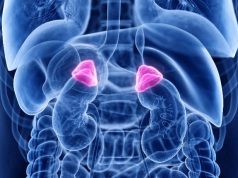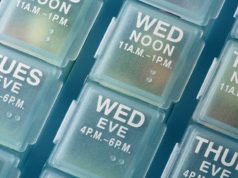Ninety-seven percent of smoking patients with MI received counseling, but few have SCM use
FRIDAY, July 21, 2017 (HealthDay News) — Among older patients in community practice, the use of smoking cessation medications (SCMs) is low after myocardial infarction (MI), according to a study published online July 19 in JAMA Cardiology.
Neha J. Pagidipati, M.D., M.P.H., from Duke University in Durham, N.C., and colleagues examined factors associated with early SCM use among MI patients from the Acute Coronary Treatment and Intervention Outcomes Network Registry. Bupropion and varenicline were SCMs included in the study.
The researchers found that 97 percent of the 9,193 smoking patients with MI received smoking cessation counseling during their hospitalization, and 7.0 percent had early-prescription SCM use. From 2007 to 2013 there was a decrease in varenicline use (12.6 to 2.2 percent), while bupropion use remained low (2.5 percent in 2007 and 3.2 percent in 2013). The median durations of use were 6.2 and 4.3 weeks for bupropion and varenicline use, respectively, with only 36.7 and 19.7 percent, respectively, filling prescriptions for the recommended course of 12 weeks. SCM use increased to 9.4 percent within one year after discharge. Before the index MI, 3.0 percent of patients were taking a prescription for SCMs; these patients more often used SCMs within one year after MI (64.1 versus 7.7 percent).
“The results of our study suggest the need for words (smoking cessation counseling rates are high) to be followed by action (SCM use rates can be higher),” the authors write.
Abstract/Full Text (subscription or payment may be required)
Copyright © 2017 HealthDay. All rights reserved.








